Note: best read on a sizeable computer screen
Foreword »
Like most woke twenty-somethings, I broadly agree with the often expressed notion that mental illness should be de-stigmatized. I am also often annoyed with the ambiguity of empty pronouncements in support of that cause. How does that de-stigmatization actually happen? I suppose this is my own answer to that question: it happens at least partially through people like me publicly writing about their experience with depression and its associated side effects. And it happens through more people understanding what depression actually is and what people suffering from it have to deal with. I suffered from a severe episode of clinical depression for the last few months of 2017, from about mid September to just about the end of December. It was so severe that I started having (completely unprecedented) suicidal thoughts, and sought consultation with both a therapist and a psychotherapist. Having recovered from it for almost two months now, I can see in hindsight that part of what made it so severe was that I was just not ready to comprehend or accept the scope of depression’s ability to warp my thoughts, outlook, and physical condition. I can also see in hindsight that, frankly, the stigma affected me also. I did not share that I was afflicted with severe depression with many of my best friends, nor with most of the people I work with. Many of those people would be surprised to find this out, as I often masked any sign of it by acting cordial and energetic. So, this is my admission to having worn that mask myself. But I hope to do more that just be open and honest about depression; I hope to promote understanding of it. I hope to expose the experience of the sickness that is depression dissected, spread out, annotated. I hope to make it easier to understand for those who have not dealt with it that depression is a profoundly strange and terrible illness, yes illness, and that those suffering from it are dealing with a lot more than just a period of sadness. Hopefully, if you read this those things will come across.
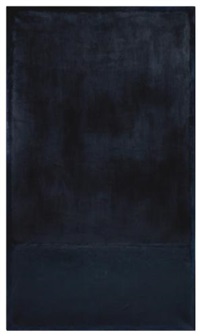
Mark Rothko, Untitled (Source)
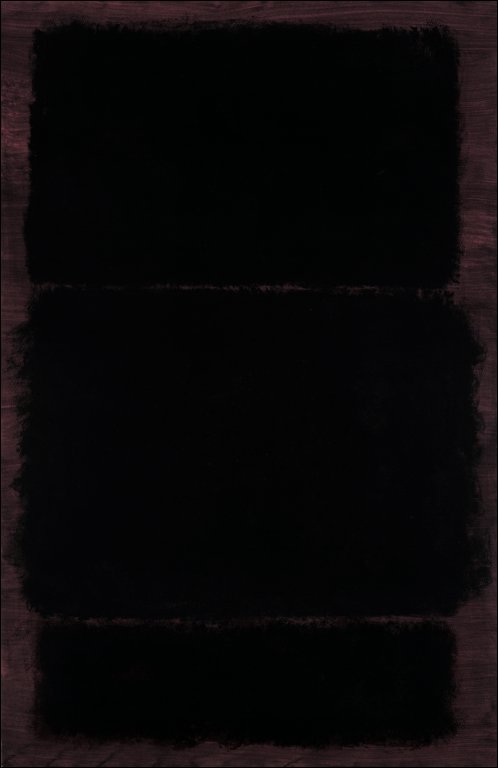
Mark Rothko, Untitled (Source)
This is how I remember depression .
This is how I remember depression . It was not exactly like this; there were highs, lows, bad days, good days.
But this is how I remember it.
Tired. So tired, cold, ambivalent. Anxious, miserable, uncomfortable, unfocused.
That’s depression. Except, these are just words. Depression cannot be conveyed with just such words.
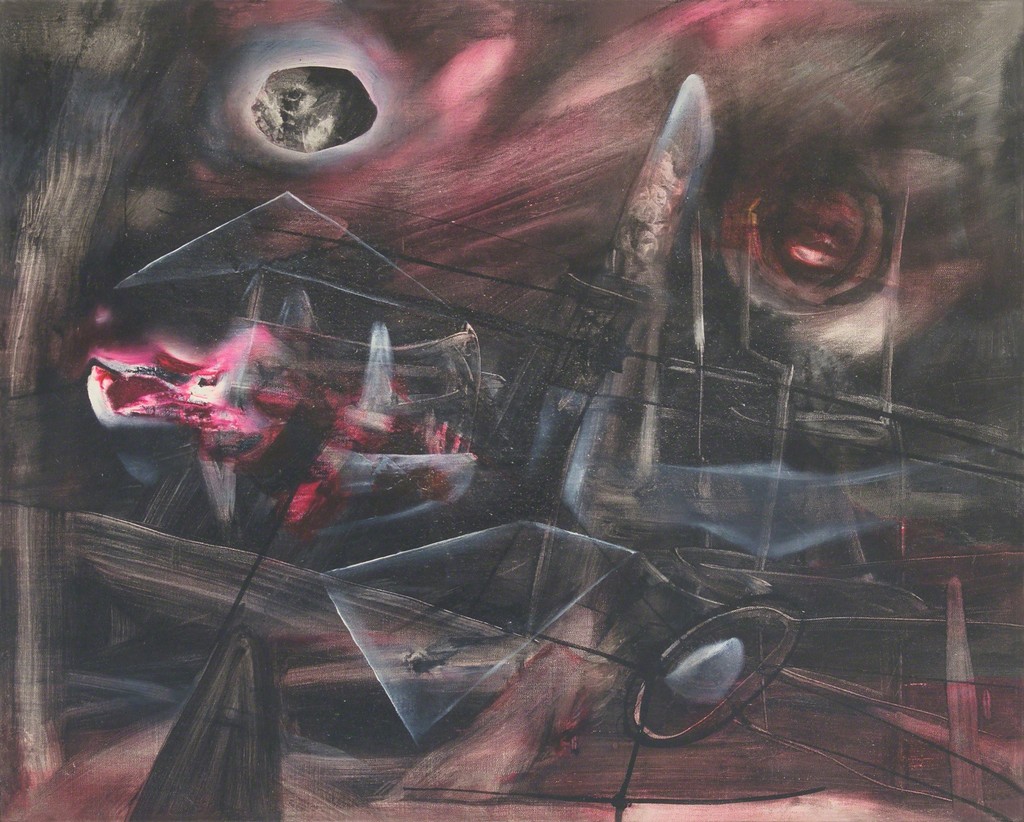
Roberto Matta, The Black Idea
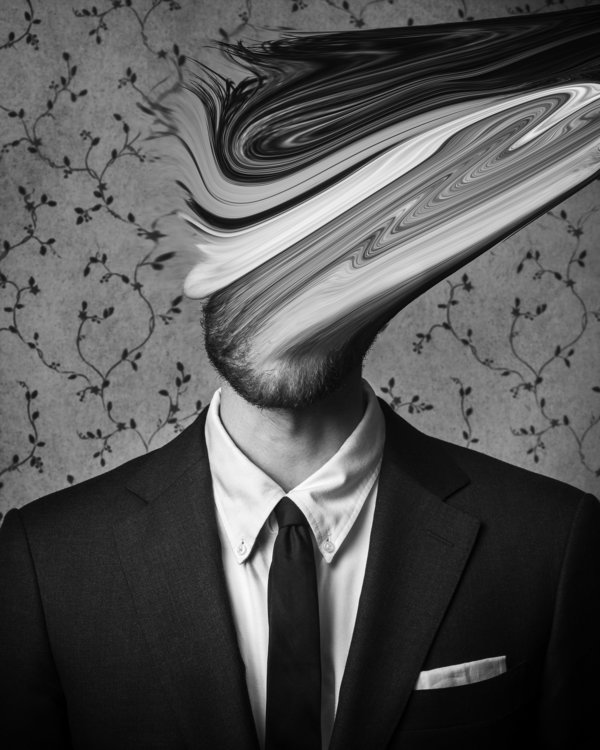
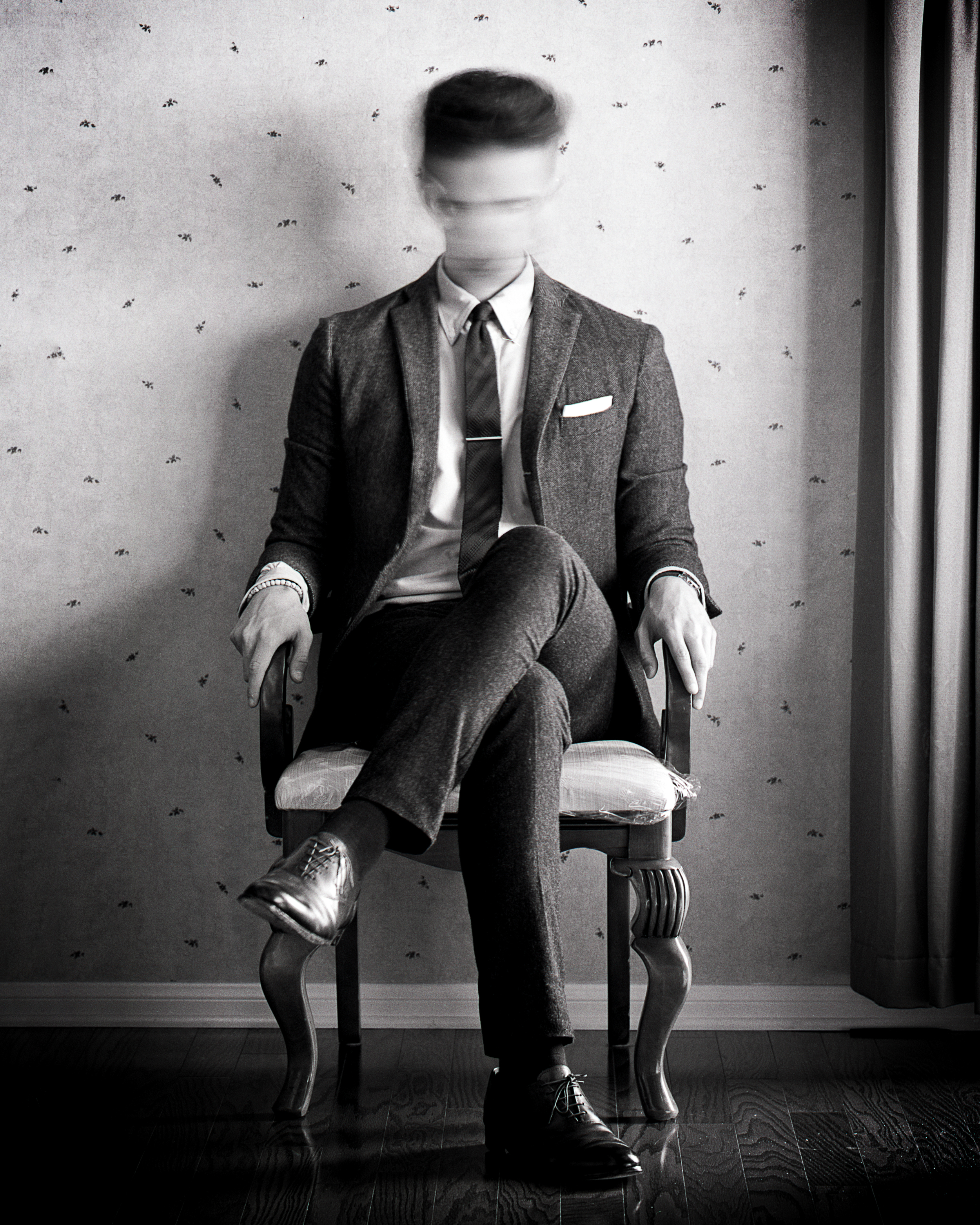
You know how being in a bad mood is like a filter that squeezes out the joy from otherwise pleasant things? Imagine being in the worst mood of your life, for months.
You know the difference between dragging yourself to work after waking up with a killer hangover, and heading home having just exercised? Being depressed was like a perpetual hangover, and being healthy again was like having a perpetual dopamine high.
You know how when you are drunk, or high, you think thoughts that seem absurd in retrospect? That happens all the time, constantly, with depression. Eventually I learned to distrust my ‘depressed self’.
You know that feeling of getting in a cold shower and having your body revolt, the feeling of ‘make this stop’? It was like that, every morning, being hit with a wave of formless misery moments after waking up, like ‘oh, right, this’.
You know how it feels when you are at a social event, and just can’t seem to get along with anyone - alienated ? Depression makes you feel like that, even among friends.
You know how nice it is to warm up by a fire after being cold, and how painful it is to then leave that fire? Spending time with friends or family felt like that; that warmth soon went away to be replaced by the familiar cold.
You know the difference between feeling dead tired and ambivalent about everything except sleep and the feeling of having just awoken on the first day of a vacation? One day I awoke and felt that I really was healed of depression, and it was like that.
You know that feeling of doing something you could not care less about, just wanting it to be done with? Being alive felt like that.
I had supportive family, friends, security, and prospects. I excercised, meditated, slept well, took on a lighter workload, had a good diet. But it did not matter. It still took me months, and medication, to improve. I still had suicidal thoughts.
That’s depression.
Except, it was not a feeling.
It was a state, a condition, a sickness. A sickness I was stuck with.



Edward Honaker, II
It was like I was no longer really myself. I did not have interests, energy, drive - all that was left was a dull miserable husk of myself.
It was like I was just play-acting as Andrey. The play-acting turned out to be easy, and occasionally it made me feel better.
It was like a temporary state of insanity.
If you have ever been in love, the feeling of temporary insanity was like that.
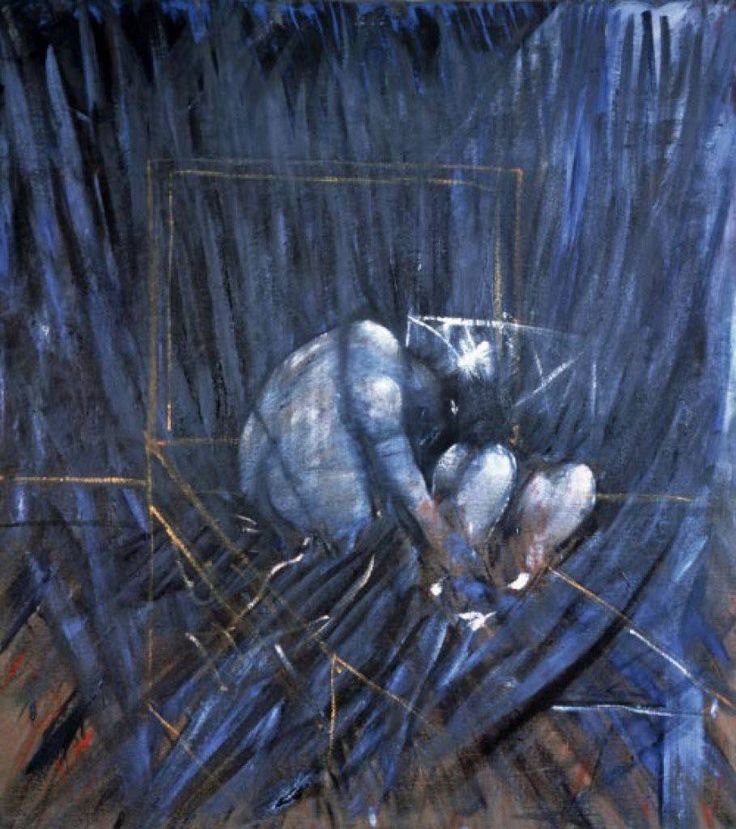
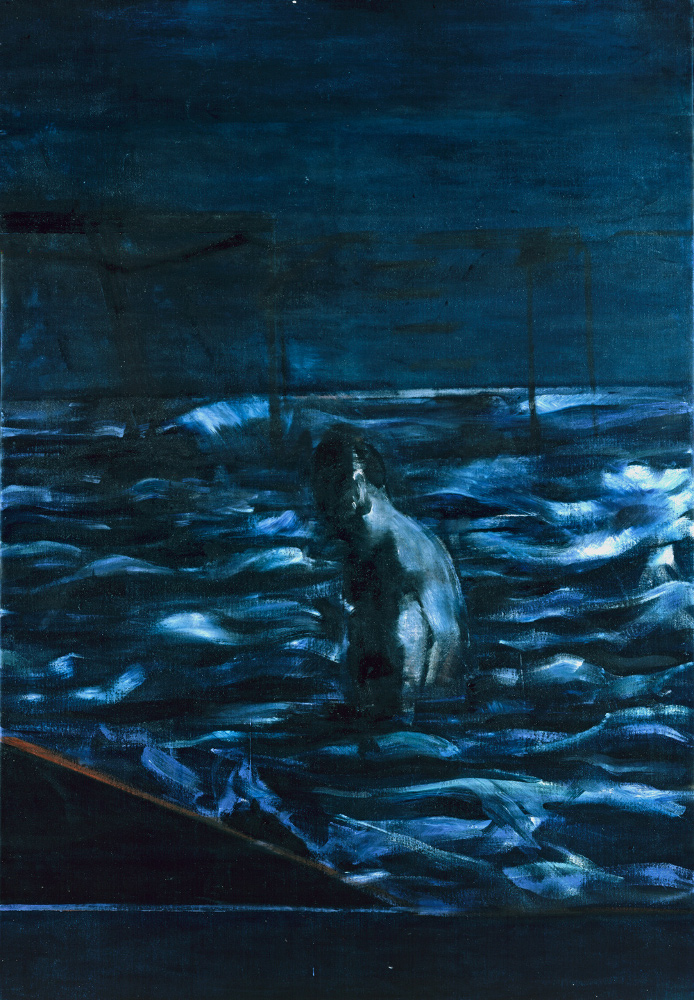
It was like sleep was my only goal, my only escape, every day. I just wanted to close my eyes. I just wanted to lie down still in a dark silent room.
It was like being up high and struggling for breath, or underwater running out of air. I thought about thinking about suicide - it became mundane and tiresome.
It was like I could no longer see a future, hated the present, was haunted by the past. I wanted nothing, was incapable of wanting to strive for anything.
It was like life was just a thing that I did. And that thing had lost its appeal.
It was like there was some horrible droning static always there. The music that once brought me joy just added to that static.
It was like I was some Dickensian street urchin, scraping by on every piece of happiness. Every free meal I got felt like an odd victory that I devoured.
It was like life had become some modern piece of art, inscrutable and cold, nonsensical. Life never felt more absurd, more grotesque, more pointless .
It was like all my anxieties and insecurities grew to a mammoth size and crushed me. I am and was hard working, fit, smart, gregarious. And still I felt like a worthless worm.
It was like a dream where I walked around in a snow storm wearing only t-shirt and shorts, in a big dead city surrounded by towering gray skyscrapers. And somehow this is supposed to make sense.
It was like no matter how hard I tried, I could not feel good. Often the best I could do was numb the pain. My failure to improve made me feel worse. I meditated, exercised, socialized, went for long walks, read, watched movies. All of it helped, but none of it made the depression end. It just did not make sense, being so helpless.
That’s depression.
Except, it did make sense.
I was afflicted with one of the most common but least understood of sicknesses .
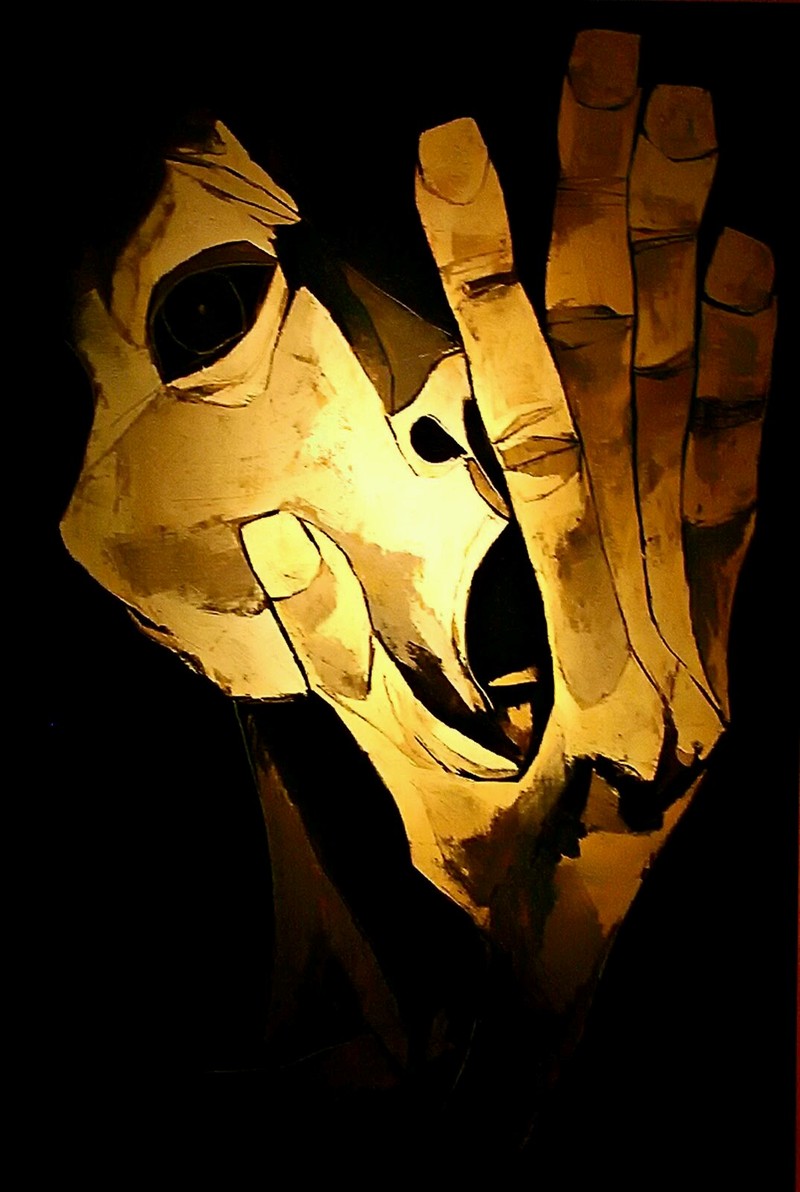
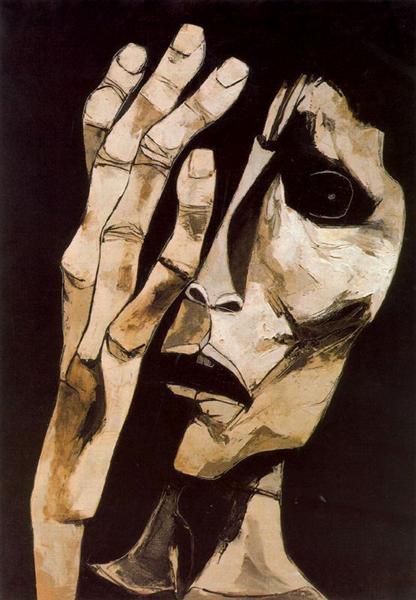
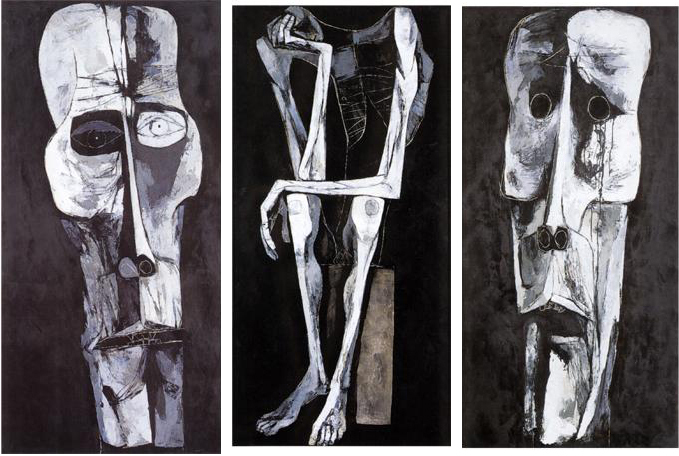
Oswaldo Guayasamín, Waiting
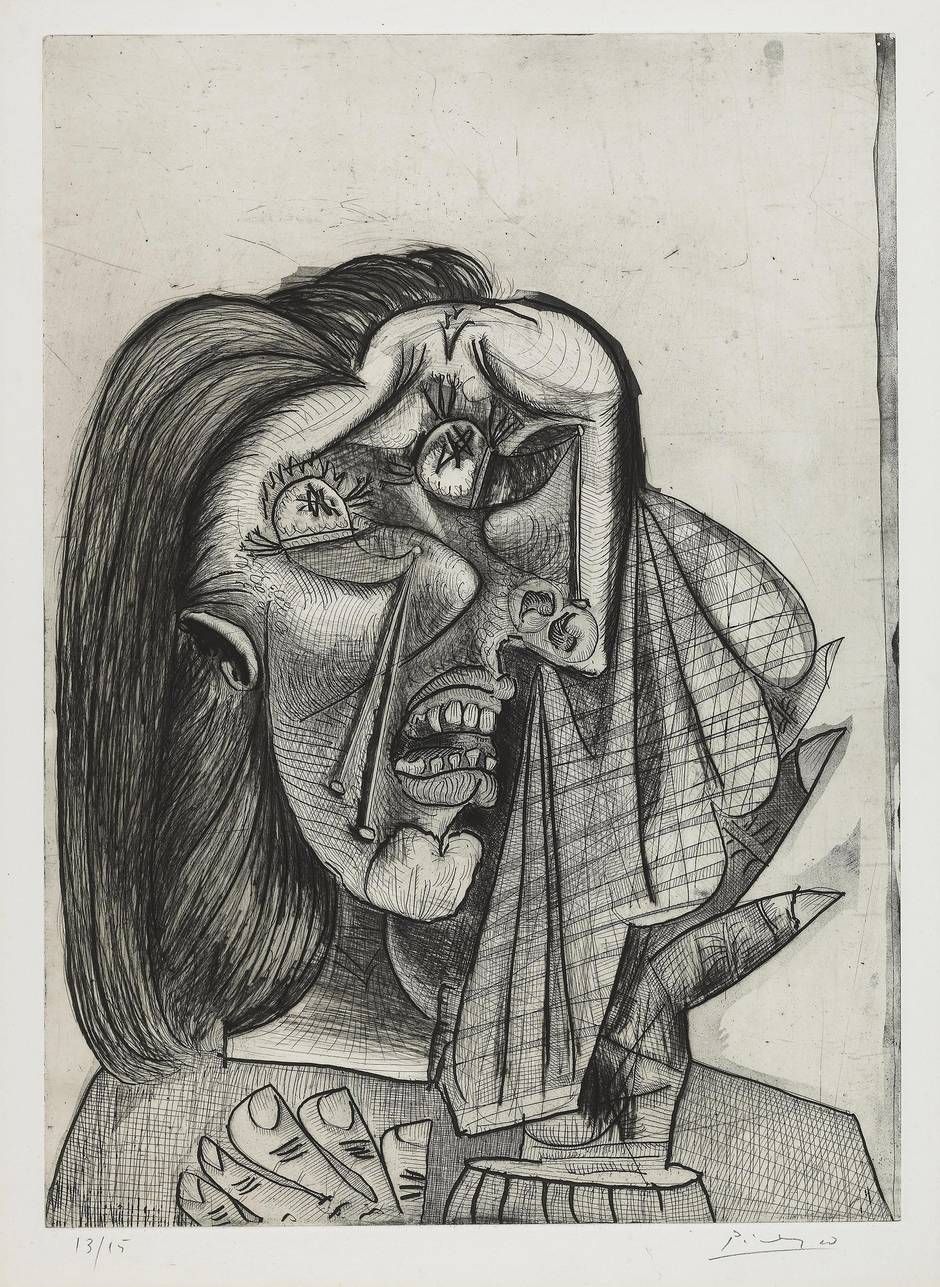
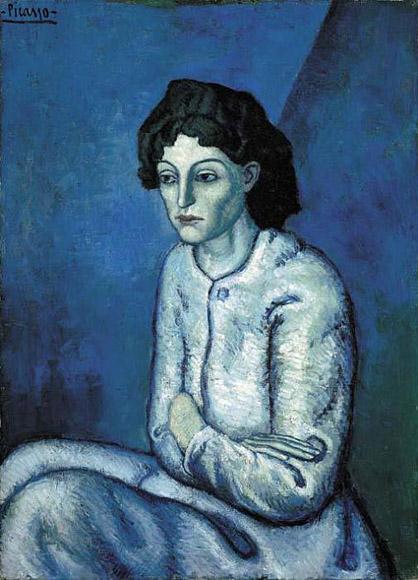
It did make sense, just not to my sick mind.
It did make sense that I needed treatment and when I got it I got better. Most dont.
It did make sense that I spoke of it infrequently. I knew it was a sickness, yet I still felt ashamed, like I had allowed myself to fall to a stupid first world ‘illness’ .
It did make sense that I could not think clearly, could not make decisions easily. I was lucky to have had others to help me seek treatment and not to give up on my aspirations.
It did make sense that I got sick. I had stress, burnout, family history , prior episodes , failures, mistakes, changes. So much to explain it. And still I doubted I was truly depressed, and delayed getting treatment.
That’s depression. Except, that was my depression. I got treatment, rest, support, and I am no longer sick.
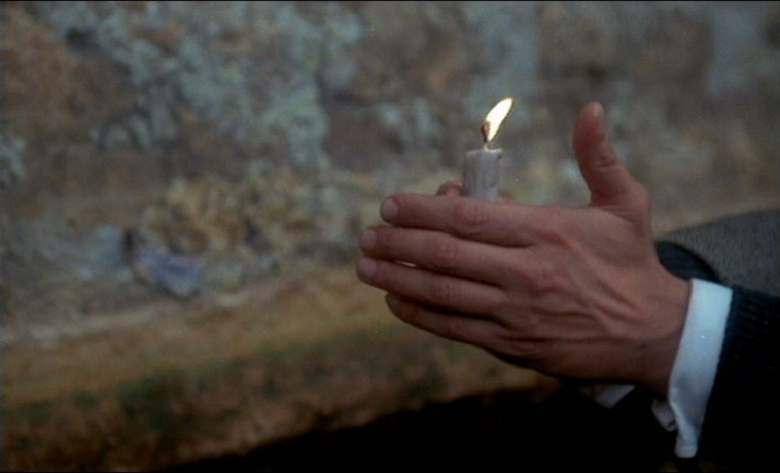
Andrei Tarkovsky, Nostalghia (frame)
Having healed, I relish just being alive, just being myself.
Having healed, my nightmares mostly revolve around having a relapse.
Having healed, my energy and enthusiasm feel boundless.
Having healed, I am still taking antidepressants, still seeing a therapist, doing all I can to remain healthy.
Having healed, the sounds of music often make me indescribably ecstatic.
Having healed, I understand depression better, and hate and fear and loathe it like few other things.
Having healed, the anxieties and uncertainties and insecurities that so haunted me before barely bother me.
Having healed, what I remember most vividly is not the suicidal thoughts, the inability to focus, the anxiety, the shame; what I remember most is lying in my room at 8PM, and feeling like there was nothing else at all that could make me feel better - that sensation of nothing else but this quiet, this stillness, this darkness.
Having healed, I write this, reflecting on that period of surreal sickness. I see the need to de-stigmatize and explain my experience far more than I did before.
So don’t feel bad for me. I seriously feel superhuman, having healed of this sickness. Just, try to understand.
While reading this, if you felt you related and may be going through depression, please seek consulation with a mental health professional and talk to your friends and family, or at least complete a short self-test to evaluate whether talking to others is likely warranted. If you are currently struggling with depression, this is a list of resources that might help and if you are in a truly bad place please be aware of the suicide prevention lifeline. When I was depressed it felt like it was never going to end, but it did, and I fully attribute seeking treatment and support as the cause for my recovery. Trust me, it may feel like it will never end, but it will.